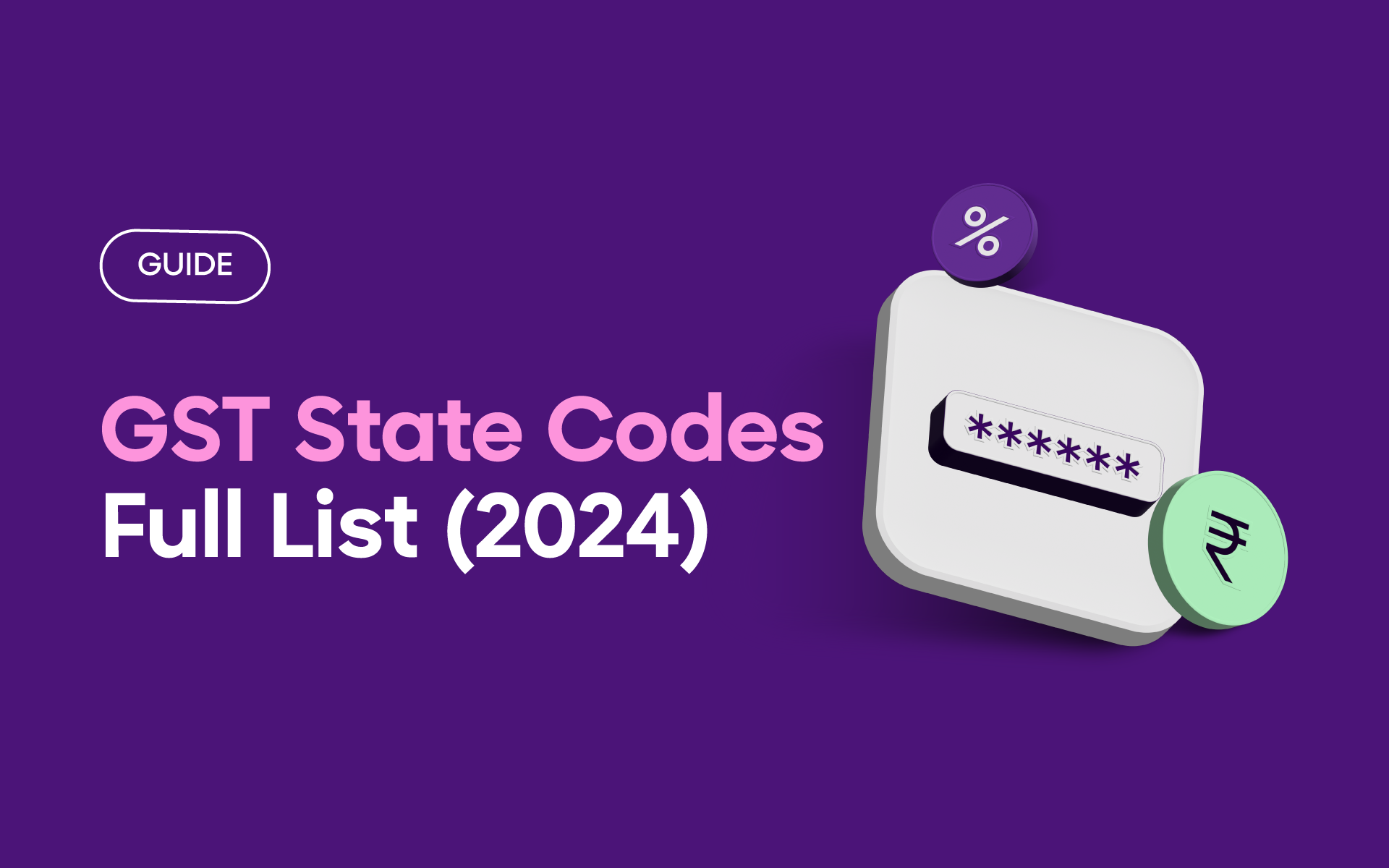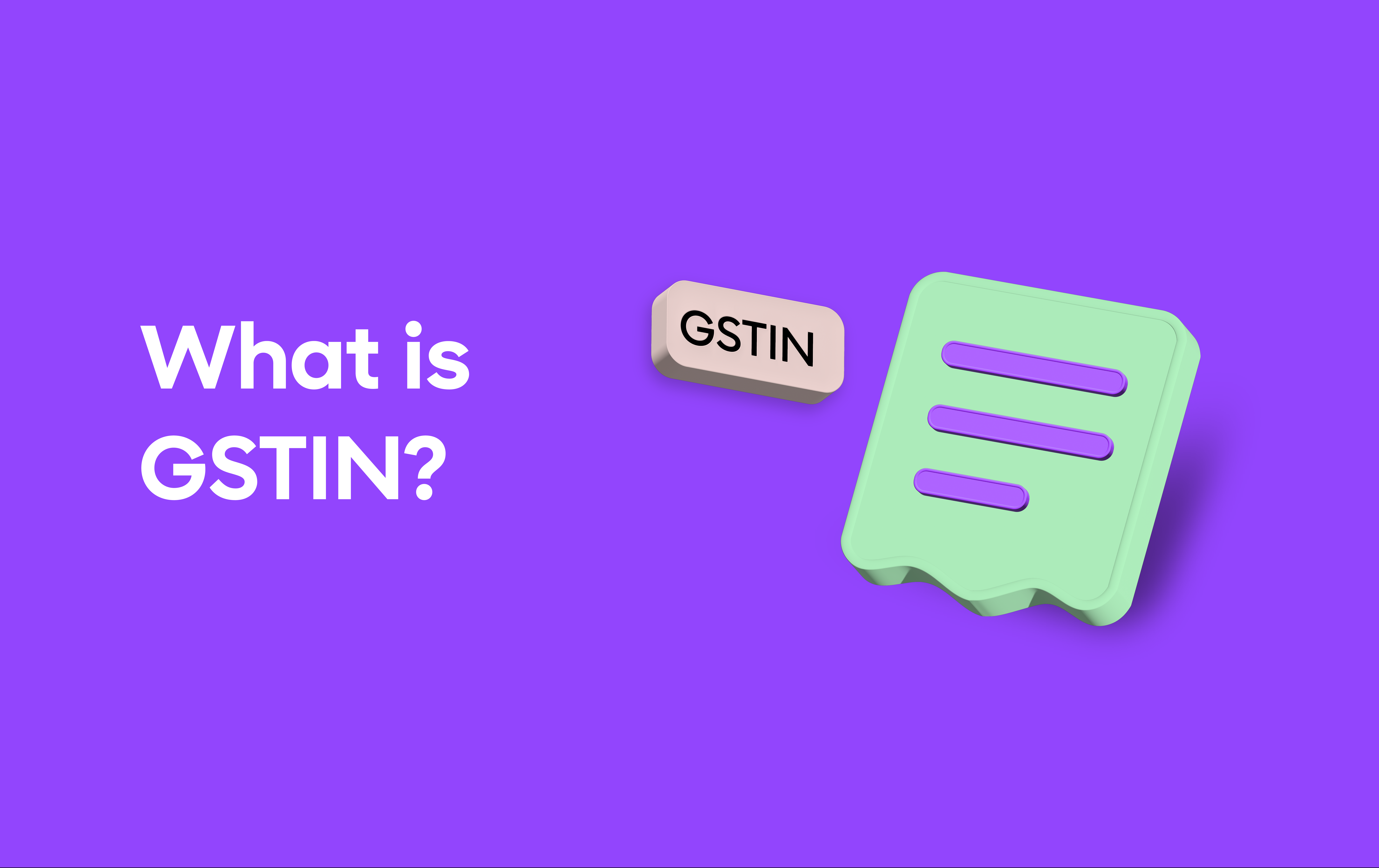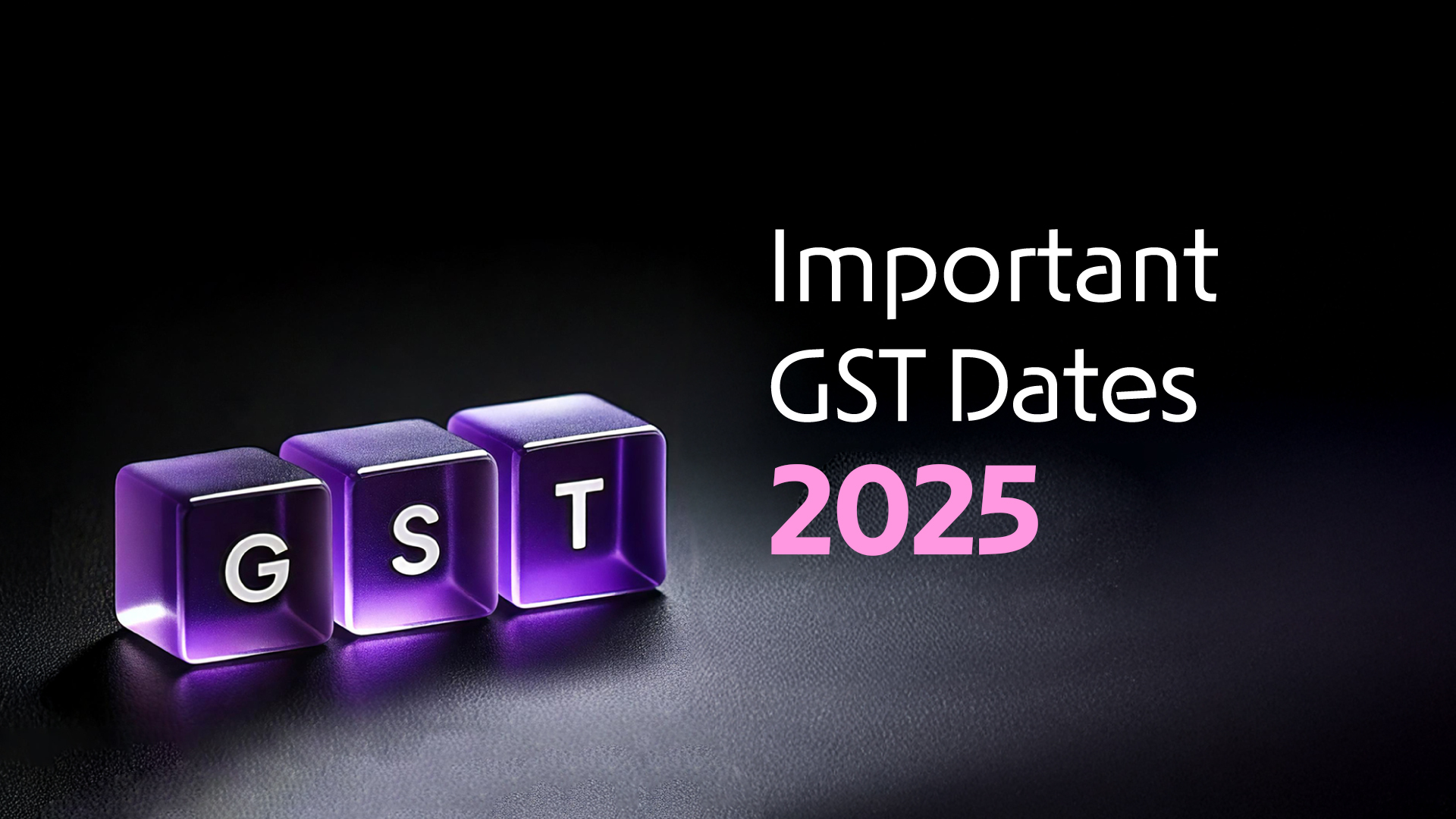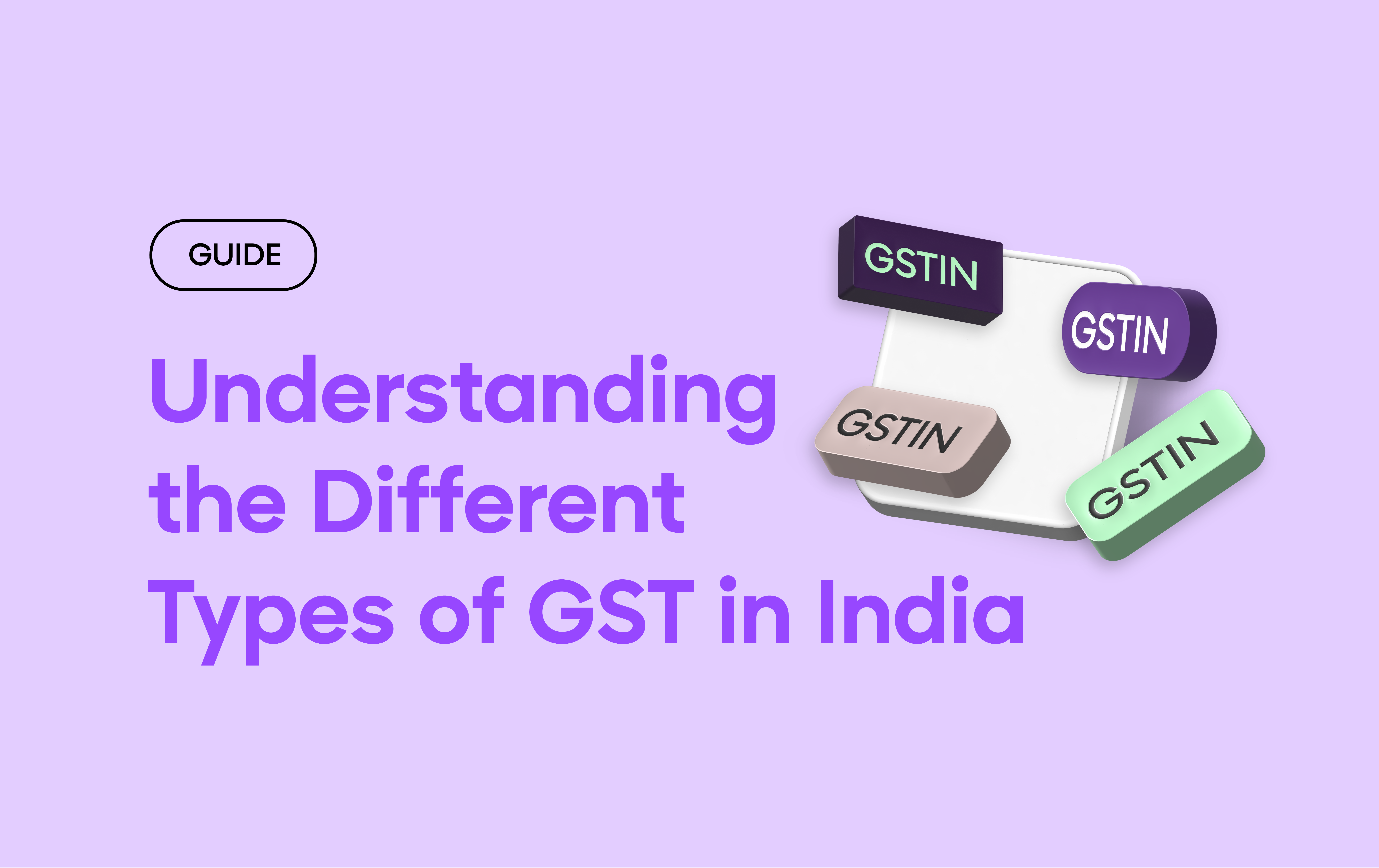Introduction
In the complex landscape of Indian taxation, Goods and Services Tax (GST) has revolutionized how businesses approach their financial reporting and compliance. At the heart of this system lies a critical component that often confuses many: GST State Codes.
In this guide, we explain GST State Codes, their importance, and how to use them effectively for your business.
What are GST State Codes?
A GST State Code is a unique two-digit numerical code assigned to each state and union territory in India. It is an essential identifier in the GST registration process and crucial in tax documentation, invoicing, and inter-state transactions. Each state and union territory has been allocated a unique code, making tracking and managing tax-related information easier.
Key Facts About GST State Codes
-
- First two digits of GSTIN: The GST State Code forms the first two digits of the 15-character GST Identification Number (GSTIN).
- Standardized across India: Each state and union territory has a unique GST code, avoiding duplication or confusion.
- Examples:
27 – Indicates a business registered in Maharashtra
07 – Represents a business located in Delhi
GST State Codes of India – Updated List 2024
Here is the updated list of GST State Codes for all states and union territories in India:
| STATE | GST CODE |
|---|---|
| Jammu and Kashmir (JK) | 01 |
| Himachal Pradesh (HP) | 02 |
| Punjab (PB) | 03 |
| Chandigarh (CH) | 04 |
| Uttarakhand (UK) | 05 |
| Haryana (HR) | 06 |
| Delhi (DL) | 07 |
| Rajasthan (RJ) | 08 |
| Uttar Pradesh (UP) | 09 |
| Bihar (BR) | 10 |
| Sikkim (SK) | 11 |
| Arunachal Pradesh (AR) | 12 |
| Nagaland (NL) | 13 |
| Manipur (MN) | 14 |
| Mizoram (MZ) | 15 |
| Tripura (TR) | 16 |
| Meghalaya (ML) | 17 |
| Assam (AS) | 18 |
| West Bengal (WB) | 19 |
| Jharkhand (JH) | 20 |
| Odisha (OR) | 21 |
| Chhattisgarh (CG) | 22 |
| Madhya Pradesh (MP) | 23 |
| Gujarat (GJ) | 24 |
| Dadra and Nagar Haveli & Daman and Diu (DNHDD) | 26 |
| Maharashtra (MH) | 27 |
| Karnataka (KA) | 29 |
| Goa (GA) | 30 |
| Lakshadweep (LD) | 31 |
| Kerala (KL) | 32 |
| Tamil Nadu (TN) | 33 |
| Puducherry (PY) | 34 |
| Andaman and Nicobar Islands (AN) | 35 |
| Telangana (TS) | 36 |
| Andhra Pradesh (AP) | 37 |
| Ladakh (LA) | 38 |
| Other Territory | 97 |
| Other Countries | 99 |
Importance of GST State Codes
GST State Codes are far more than just numerical identifiers. They serve several critical functions:
- Accurate tax calculation – Helps determine the correct tax rate for inter-state and intra-state transactions.
- Precise location identification – Provides a standardized method of identifying the exact geographical location of a business.
- Simplified compliance – Helps maintain accurate records and simplify the tax filing process.
- Seamless input tax credit – Helps in smooth tracking & claiming of input tax credits across different states.
Where are GST State Codes Used
GST State Codes are essential in multiple business documents and processes:
- GST Registration Certificates
When registering for GST, the state code is embedded in your 15-digit GSTIN (Goods and Services Tax Identification Number). The first two digits of the GSTIN indicate the state where your business is registered. For example, a GSTIN starting with ’24’ signifies a Gujarat-based registration, while ’29’ indicates Karnataka. - Tax Invoices
Every invoice your business generates must include the GST State Code. It helps in determining whether the transaction is intra-state (within the same state) or inter-state (between different states), which affects the type of GST applicable (CGST/SGST for intra-state, and IGST for inter-state transactions). - E-Way Bills
Moving goods across state borders? You’ll need an E-Way bill with accurate GST State Codes for both the source and destination states. Incorrect codes can lead to compliance issues and penalties during transport checks. - GST Returns
When filing GST returns, GST State Codes ensure that taxes are reported accurately to the respective states. It helps in the proper distribution of tax revenue and avoids disputes with tax authorities.
Understanding GST Jurisdiction
GST Jurisdiction refers to the territorial or administrative area under which your GST registration falls. Think of it like your business’s ‘home ground’ for taxation purposes. It helps tax authorities monitor and regulate GST compliance efficiently.
Classification of GST Jurisdictions
Jurisdictions under GST are divided into State and Central jurisdictions:
- State Jurisdictions: These are areas overseen by the respective state GST departments for tax assessments and compliance.
- Central Jurisdictions: The central government directly administers these areas through CBIC (Central Board of Indirect Taxes and Customs).
As per the CGST Circular no. 01/2017 dated 20th September 2017, taxpayers are divided between State and Central jurisdictions based on turnover thresholds:
- Taxpayers with turnover below ₹1.5 crore:
- 90% are assigned to State jurisdiction.
- 10% are assigned to Central jurisdiction.
- Taxpayers with turnover above ₹1.5 crore:
- 50% are assigned to State jurisdiction.
- 50% are assigned to Central jurisdiction.
The division of taxpayers is system-driven and conducted at the state level using stratified random sampling. Factors like geographical location and registration type are considered to ensure fairness in the allocation process.
Importance of GST Jurisdiction
Understanding GST jurisdiction is critical because:
- It determines which tax authorities have oversight of your business
- Helps in correctly filing returns and paying taxes
- Prevents potential legal complications arising from incorrect tax filing
- Ensures proper allocation of tax revenues to the correct state
How to Find Your GST Jurisdiction
Finding your GST Jurisdiction is easier than you think. Whether you’re a new business or reviewing existing registrations, here’s a step-by-step guide to ensure you’re on track:
Searching State Jurisdictions in GST
- Refer to state GST websites
Each state maintains a dedicated website to help businesses identify their jurisdiction. For example, taxpayers in Karnataka can visit gstkarnataka.gov.in to search for their division, group, ward, or taluk. - Check the GST Registration Certificate
Your GST registration certificate (Form REG-06) mentions your State and Central jurisdictions. - Consult state tax departments
You can contact the State Commercial Tax Department for clarification if you face any difficulties.
Searching Central Jurisdictions in GST
To determine Central jurisdictions, follow these steps:
- Visit CBIC’s ‘Know Your Jurisdiction’ Tool
Go to cbic-gst.gov.in to find your Central GST jurisdiction. - Steps to Search Central Jurisdiction:
- Step 1: Select your State from the list of states and union territories.
- Step 2: Choose the applicable Zone.
- Step 3: Select the relevant Commissionerate.
- Step 4: Choose the Sub-Commissionerate or Division applicable to your location.
- Step 5: Identify the jurisdictional Range.
By following these steps, you can pinpoint the exact Central jurisdiction under which your business falls.
How to Correct an Incorrect GST Jurisdiction
Mistakes happen, but when it comes to GST, an incorrect jurisdiction can lead to confusion, delayed filings, or even penalties. If you’ve identified an error in your GST jurisdiction, don’t worry—here’s how you can fix it:
- Log into the GST Portal
Visit www.gst.gov.in and log in using your credentials. - Navigate to the ‘Amendments’ section
- Go to the ‘Services’ tab.
- Select ‘Registration’ > ‘Amendment of Registration (Core Fields).’
- Update your state code and jurisdiction details
Under the amendment section, you can update your state code and jurisdiction. Ensure the details match your business’s geographical location. - Upload supporting documents
To validate the changes, upload the necessary supporting documents, such as:- Address proof of your business (e.g., electricity bill, rent agreement, etc.)
- Updated business registration certificates
- Any other relevant documentation that proves your correct location
- Submit for verification
Once you submit the details, your amendment request will be sent to the tax authorities for verification. You will receive a notification regarding the status of your request on your registered email and mobile number. - Track approval status
You can track the amendment status by logging into the GST Portal and navigating to ‘Track Application Status.’ The authorities typically process such changes within a few working days.
Correcting your GST jurisdiction promptly ensures accurate tax filings and avoids unnecessary disputes or delays.
Frequently Asked Questions (FAQs)
Can a business operate in multiple states?
Yes, your business can operate in multiple states. However, you’ll need separate GST registrations for each state your business operates in.
What happens if I use the wrong state code?
Using an incorrect state code can lead to tax calculation errors, compliance issues, and potential penalties.
Do union territories have GST state codes?
Yes, union territories are assigned unique two-digit codes, just like states.
How often are GST state codes updated?
GST state codes have been modified several times since 2017, primarily due to administrative and territorial reorganizations. For instance, the merger of Dadra and Nagar Haveli and Daman and Diu created state code 26.
Updates typically occur when new states or union territories are formed, merged, or administratively restructured. While infrequent, these changes can impact GST registration, invoicing, and tax compliance. Businesses should regularly check official GST portals and notifications for current state code information.
What is the GST State Code for Uttar Pradesh?
The GST State Code for Uttar Pradesh is 09.
What is the GST State Code for Maharashtra?
The GST State Code for Maharashtra is 27.
What is the GST State Code for Delhi?
The GST State Code for Delhi is 07.
What is the GST State Code for Karnataka?
The GST State Code for Karnataka is 29.
What is the GST State Code for Tamil Nadu?
The GST State Code for Tamil Nadu is 33.
What is the GST State Code for Gujarat?
The GST State Code for Gujarat is 24.
What is the GST State Code for Rajasthan?
The GST State Code for Rajasthan is 08.
What is the GST State Code for West Bengal?
The GST State Code for West Bengal is 19.
Endnote
Understanding GST state codes is crucial for smooth business operations in India. These two-digit codes are more than just numbers – they are key to accurate taxation and compliance. By familiarizing yourself with these codes and their implications, you can ensure your business stays on the right side of tax regulations.





